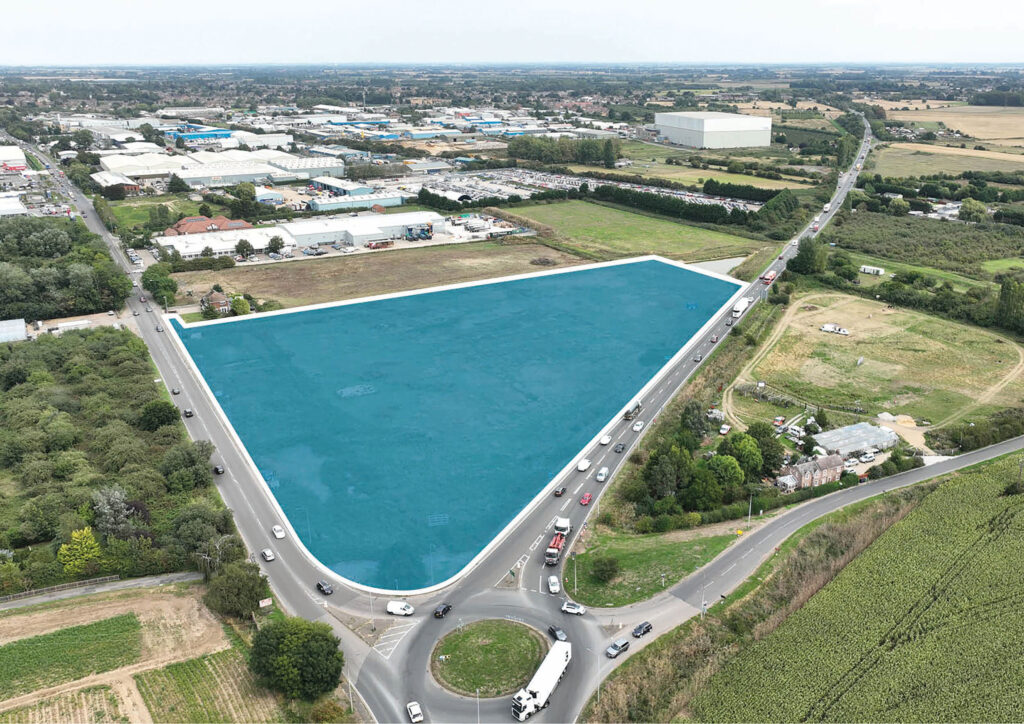An emotionally and financially crippling divorce turns your world upside down and lands you in uncomfortable, unknown territory. It brings with it uncertainty and fear about an unknown future and you can find yourself wondering whether being in an unhappy relationship is easier than the alternative.
As with all trauma, recovering from a divorce is a healing process. Yes, it’s complicated. Yes, it takes time, and yes, it’s emotionally draining. But you can, and will, get through it. While you wish you could get off the emotional rollercoaster, this too will pass and, in time, you’ll move to a more optimistic, hopeful, positive place.
You may not feel like it now, but it’s all about changing your mindset from this being the end of something, to this being a new beginning, and a unique opportunity to create the life you want for yourself.
The stress of a divorce
The Holmes and Rahe stress scale lists 43 stressful life events that can contribute to illness and scores each event with ‘Life Change Units’. Divorce is the second most stressful event for an adult, scoring 73 Life Change Units out of a possible 100; the number one stressful life event, with 100 points, being the death of a spouse.
It’s not always just the couple that experience stress though; the modified Holmes and Rahe stress scale developed specifically for children shows that a child whose parents are going through a divorce also experiences stress amounting to 90 Life Change Units.
Getting organised after a divorce
Very often, during a divorce, financial issues tend to take precedence over feelings. The inevitable disagreement, arbitration, and compromise that surround these negotiations cause excessive amounts of stress and fear about what the future holds.
Because of this, when the dust finally settles, the last thing most people feel like doing is returning to that zone of discomfort by concentrating on planning their financial futures. Just the thought of following a saving strategy and budgeting leave you reeling. Self-protection triggers procrastination, and nothing changes until stress levels increase again, this time from financial imperative.
Dealing with this, and making productive progress without incurring undue stress and worry is a process. You don’t need to do this alone though, and we recommend you don’t. We strongly suggest you enlist the help of a Financial Planner to share the load, fire up motivation, and boost accountability.
Learn more about our Financial Planning service and how it can help you recover financially.
The process of achieving the life you want
Initially, taking money out of the equation and focussing instead on the lifestyle you want can help bypass fear and doubt by re-framing the issue more constructively, and clarifying the direction you need to take on your new journey.
Once you have a framework, it’s easier to calculate the cost of your new and future lifestyles and construct a robust financial plan. This covers what you have, what you need and any factors you should take into account such as tax, inflation and investments. These key steps help you achieve your goals efficiently and enables you to think about what saving means to you. A
1. Save first
Saving first each time you’re paid, popularly labelled in recent years as “paying yourself first”, is an important habit to develop regardless of your situation. It may often feel challenging to adopt and stick to, but putting a regular amount into a savings account, no matter how small, before you start spending helps build a foundation on which to construct your financial future.
2. Learn well
If you were not responsible for budgeting, take time to learn about it. The same applies for cash-flow and debt management. The last step is to ensure you understand what an emergency fund is and why you need one.
Should you complete your financial education and not be convinced that a solid financial plan is a good idea, then we offer a free Financial Planning Best Practices Guide you can download that covers subjects like these and more.
3. Plan effectively
An excellent motivator for getting things back on track is having a robust plan in place. A Financial Plan is a road-map to realising the life you want. Developing one is an unbeatable strategy to give you a level of certainty and confidence about your future.
Having a Financial Plan can make sure you’re saving what you need to save and help you make financial decisions when it counts. It will inform your thinking about a plethora of solutions from savings accounts to retirement plans and guide you about how best to use the assets you have and develop the assets you need.
Developing a plan includes looking at your goals, organising your finances, allocating your resources, selecting investments and monitoring the results and your plan.
Wherever you are on your journey, we sincerely recommend you talk to a Lifestyle Financial Planning specialist about how they can help you get the most out of this process and achieve real results.




